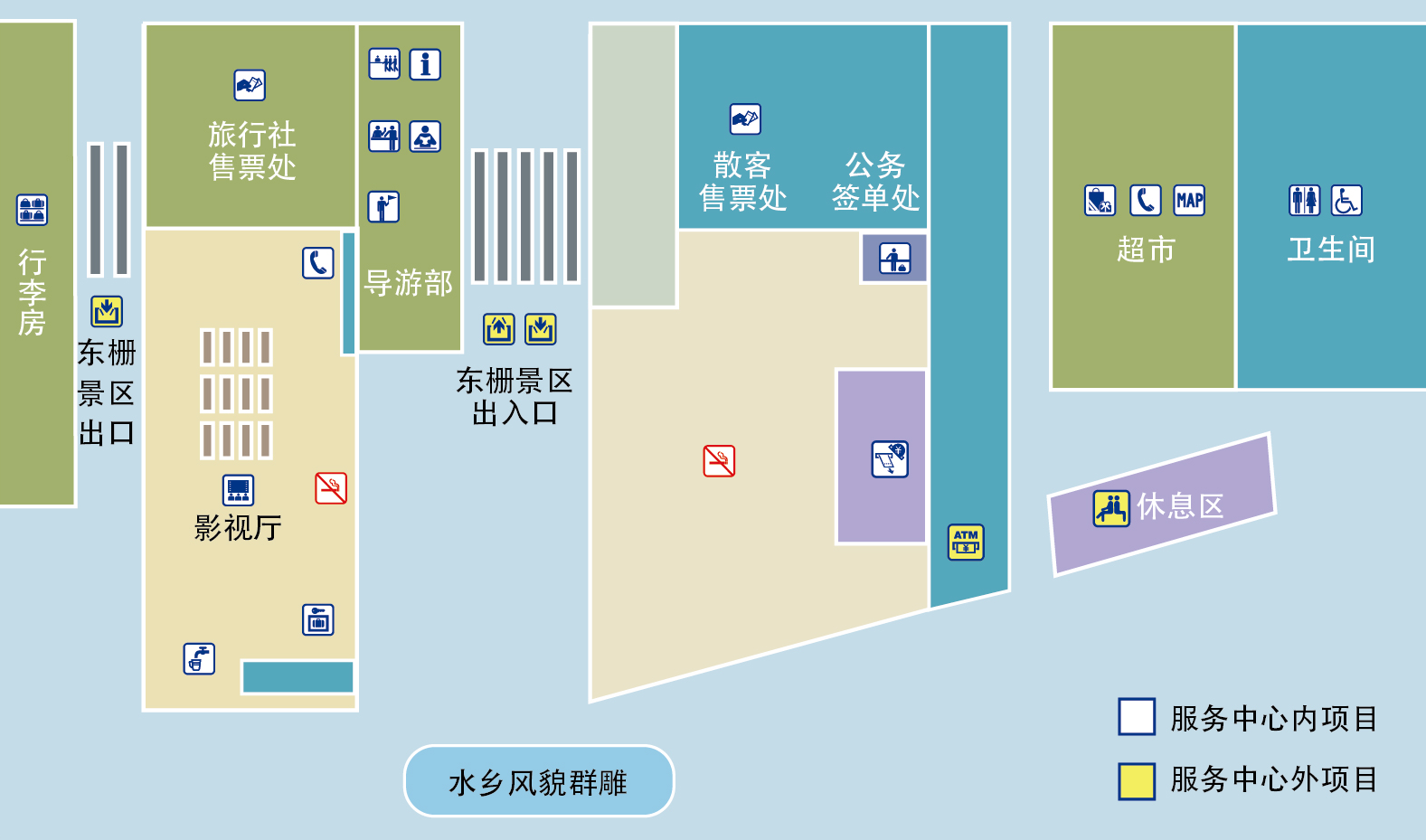

Style name: Zhiying, also known literally as Yingguan, female, ancestral home in Wuzhen, Zhejiang. Tang Guoli is a pioneer of modern women's liberation movement in China, poet and calligrapher. She is knowledgeable and versatile, and has ambition. She has the reputation of "a talented person with straight and gentle character".
As the wife of Zhang Taiyan, a master of Confucianism and Pu Xue, Tang Guoli is very famous, especially in Jiangsu and Zhejiang provinces. Her wedding with Zhang Taiyan, with its high specifications and many guests, is probably incomparable, and it is still talked about by some senior literati who are familiar with modern anecdotes and like to write. Zhang is a native of Cangqian Town, Yuhang, and Tang is a native of Wuzhen. A Tiaoxi River connects them from west to east.
Tang Guoli went to Jiangyin with his parents at the age of two, and moved to Hankou at the age of seven. When her father died at the age of nine, her mother led three children back to their hometown of Wuzhen and stayed with her uncle. As the eldest daughter, Tang Guoli helped her mother to share the burden of the family. She did housework during the day, and read Tang poetry and filled in Song lyrics at night by relying on the characters taught by my father before his death.
In 1905, when Tang Guoli was 23 years old, the bourgeois revolution had risen in China. She was also deeply influenced by new ideas and acted like a new woman. With the support of her uncle, she entered Shanghai Wu Ben Girls’ School for Women. During the school days, she took an active part in the patriotic revolutionary movement. In the summer of 1907, she graduated with the first place. After returning to her hometown, she was employed by a private Xing Wu Girls' School, first as a teacher, then as a supervisor, and finally as a principal.
In the autumn of 1911, at the invitation of Wu Ben's old classmates, she left Xing Wu Girls' School and went to Shanghai to establish Shenzhou Girls' School and Shenzhou Daily. The combination with Zhang Taiyan, a resolute revolutionary, doomed her to undergo continuous hardships. Condemning Yuan Shikai, protecting Sun Yat-sen, attacking Chiang Kai-shek and opposing Wang Jingwei, she never lost her awe-inspiring righteousness.
On May 24, 1949, Shanghai was liberated. Tang Guoli rejoiced. In 1950, she returned to Suzhou, enthusiastically participated in government work, was elected as the first people's representative of Suzhou and Jiangsu Province, and held some public offices. In her later years, she was extremely concerned about Taiwan Province's return to the motherland and the reunification of the motherland. She deeply missed her old friends and relatives in Taiwan Province, and often wrotes nostalgic articles, calling on people of insight in Taiwan Province to promote the reunification of the motherland as soon as possible.
In 1979, Complete Works of Zhang Taiyan was published, and Tang Guoli's decades- long wish was finally realized.
Tang Guoli spent her teenage years in Wuzhen, but rarely returned after going out. However, in his later years, Tang Guoli couldn't help but miss her hometown and expressed this sentiment multiple times in his poetry. On the morning of July 27, 1980, Tang Guoli passed away in Suzhou at the age of 98. In 1986, she was relocated to the tomb of Zhang Taiyan at the foot of Nanping Mountain on the bank of Xizi Lake in Hangzhou, with a tombstone inscribed by Sha Menghai.
Tang Guoli is skilled in poetry and calligraphy, and has authored the Shadow Observation Poetry Manuscripts and Shadow Observation lyrics Manuscripts. Her calligraphy works at the age of 90 have been exhibited multiple times at home and abroad.
Keyword:

